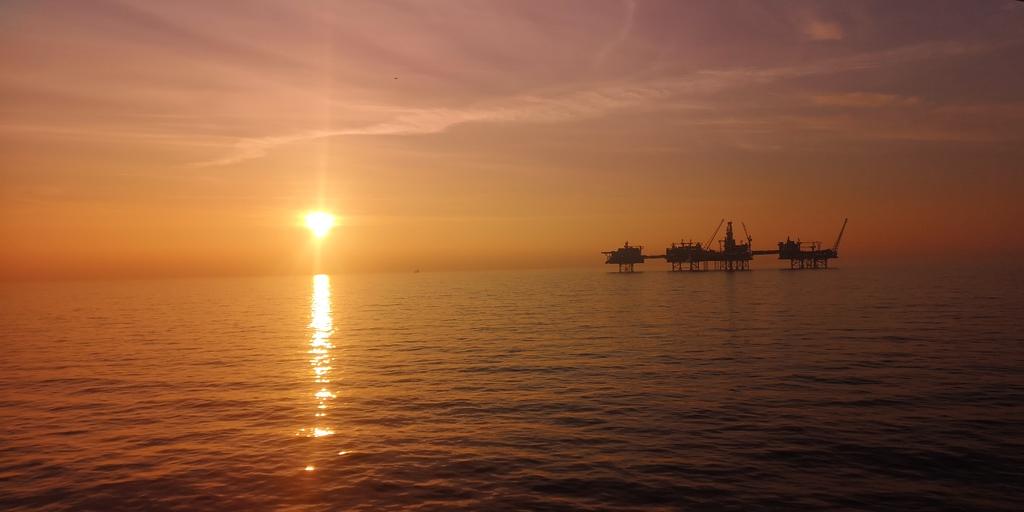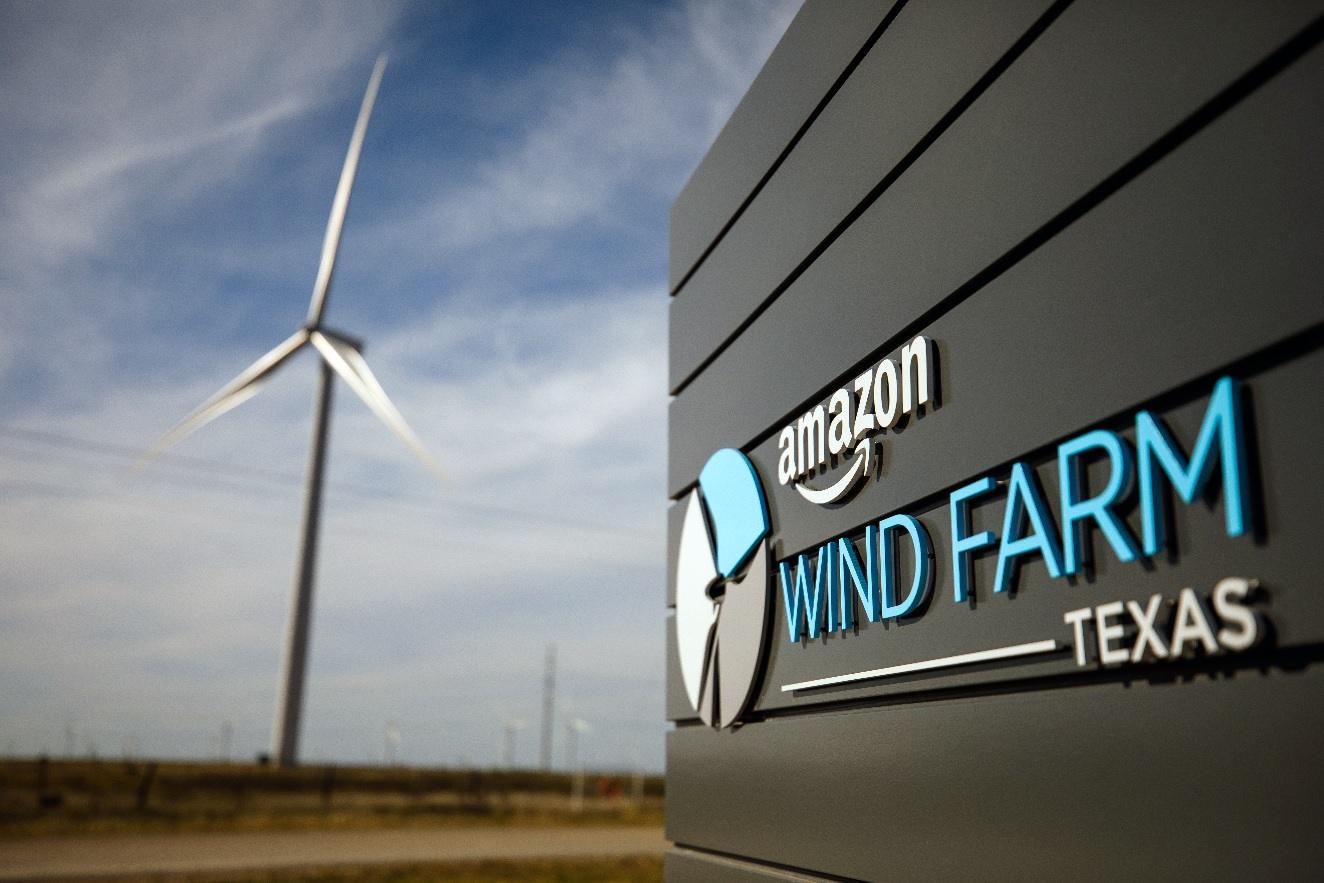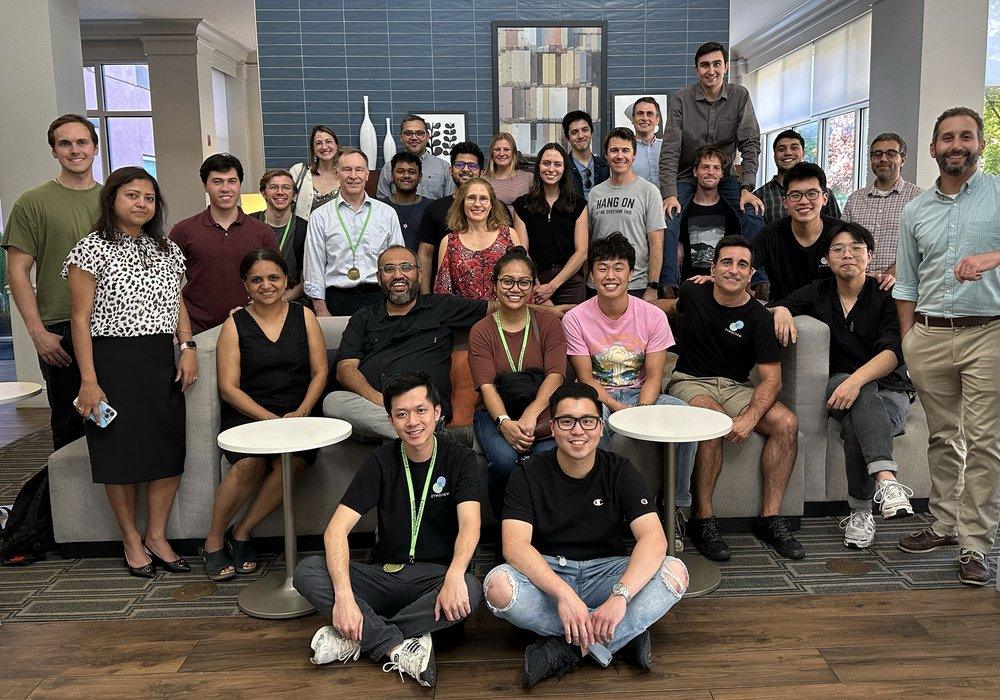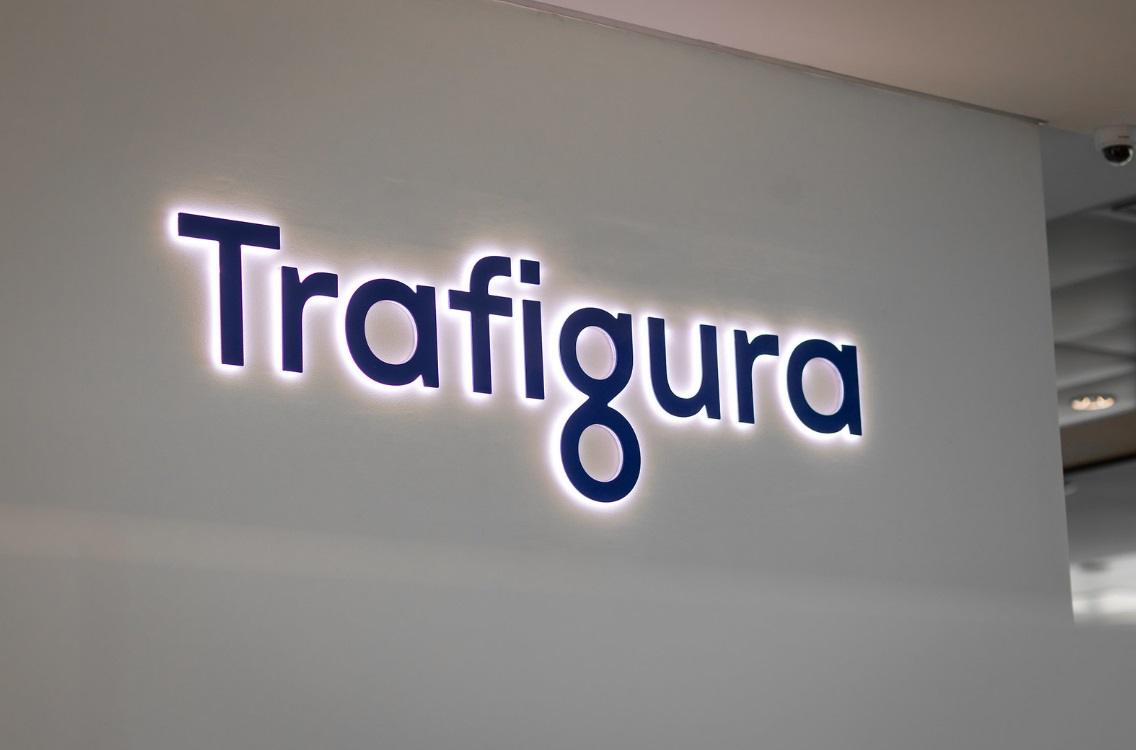Equinor Aims for Cleaner Seas
Norway’s energy major Equinor announced today its ambitions to decarbonise maritime shipping, including reducing its emissions from its own ships, as well as supporting the creation of low-carbon and zero emissions shipping technologies.
Equinor is a significant player in the maritime shipping industry, acting as both a producer and supplier of fuels to the sector, and with approximately 175 maritime vessels on contract with the company at any time. Maritime transport represents 2-3% of global emissions.
Equinor has set new medium-term and long-term targets for its maritime activities:
- By 2030: Halving maritime emissions in Norway compared to 2005 emissions.
- By 2050: Halving global emissions compared to 2008 emissions.
…and as a fuel supplier to the maritime sector:
- By 2030: Escalating its production and use of low-carbon fuels.
- By 2050: Strongly increase production and use of zero-emission fuels.
Commenting on the company’s new targets, Irene Rummelhoff, Equinor’s executive vice president for Marketing, Midstream and Processing, said:
“As a producer and user of maritime fuel, Equinor has a good opportunity to help decarbonise shipping. From our position on the Norwegian continental shelf (NCS), we will develop new solutions contributing to substantial emission reductions together with the maritime industry in Norway and internationally.”
Equinor is actively pursuing more sustainable shipping technologies, developing new types of vessels and using alternative fuels in close collaboration with the industry. The company has been a pioneer in using liquefied natural gas (LNG) as a fuel, and during 2021 it will introduce large-scale use of liquefied petroleum gas (LPG) as a fuel.
In collaboration with the maritime industry, Equinor has initiated the development of the world’s first supply vessel to run on zero-emission ammonia. The company has introduced a new hybrid battery system on seven of its supply vessels on the Norwegian continental shelf, and continues to roll out dual fuel vessels in its fleet.
Longer term, the company aims to develop value chains for zero-emission fuels to the maritime sector that will gradually replace low-carbon fuels. Equinor has identified the following areas for developing zero-emission fuels for the maritime sector:
Increasing the share of biofuel in marine fuels
Developing ammonia and hydrogen from natural gas in combination with carbon capture and storage or by electrolysis of water from renewable power.
Kjetil Johnsen, vice president for the shipping, ship technology and vetting unit, said:
““A successful development of zero-emission fuels for the maritime sector will require close collaboration between the industry, shipowners, technology suppliers, international organizations and authorities. If we succeed, we will achieve a zero-emission shipping industry and contribute to a more sustainable use of the world oceans.”
Johnsen added, “From 2015, Equinor has gradually renewed its tanker fleet, which is an important contribution to reaching Equinor’s ambitions. We expect the total carbon intensity for the tanker fleet to be reduced by 45% in 2025, compared to 2008.”
Equinor has been one of the most proactive energy majors in terms of positioning for a long term energy transition. In May 2018 the company changed its name from Statoil to Equinor, initiating the change from a pure oil and gas company to a broad energy major, developing oil, gas, wind and solar energy. In February, the company announced its plan to reduce net carbon intensity by at least 50% by 2050, and the company has invested in major renewable energy projects, including the world’s largest wind farm, Dogger Bank, which began construction earlier this year.





